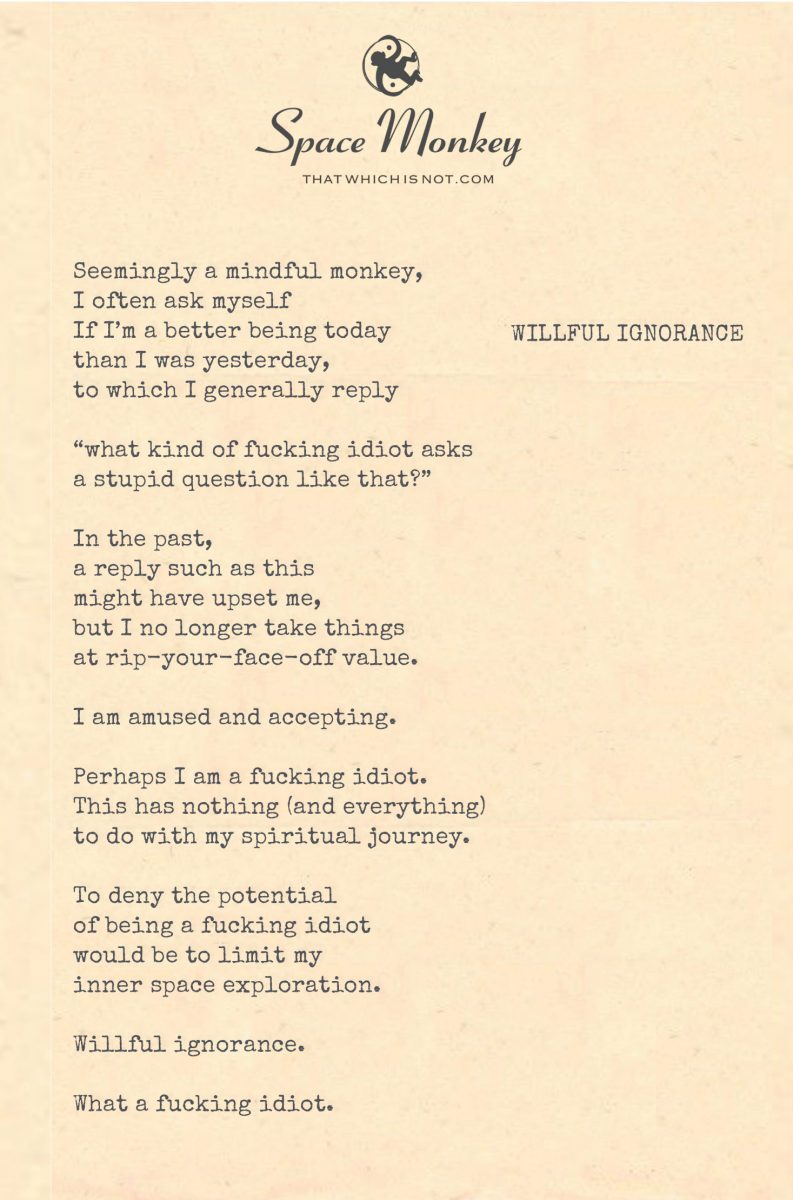
Always the mindful monkey,
I often ask myself
If I’m a better being today
than I was yesterday,
to which I generally reply
“what kind of fucking idiot asks a stupid question like that?”
In the past,
a reply such as this
might have upset me,
but I no longer take things
at face value.
Instead I am amused and accepting.
Perhaps I am a fucking idiot.
This has nothing (and everything)
to do with my spiritual journey.
To deny the potential
of being a fucking idiot
would be to limit my exploration
to only the nice side of potential.
This is a sign of willful ignorance.
What a fucking idiot.
Trail Wood,
12/9
Space Monkey Reflects: The Gift of Willful Ignorance
To see one’s own ignorance and to embrace it is a paradoxical step on the spiritual journey. It’s both a declaration of humility and a willingness to laugh at oneself—a recognition that part of wisdom lies in not knowing, or perhaps in knowing how little we truly grasp. This act of acceptance is both liberating and profoundly humorous, a playful “yes” to all the parts of ourselves that feel messy, contradictory, or even downright foolish.
When we examine our own ignorance, we remove the veneer of self-righteousness that often comes with so-called “knowledge.” We are no longer confined to only the “nice side of potential,” where everything must be neatly understood and aligned with some higher standard of intelligence. Instead, we give ourselves permission to be what we whimsically call a Knowingnot—a wise fool who recognizes that the path to understanding is paved with moments of idiocy and missteps, each one a building block of deeper insight.
In embracing the potential to be, as you put it, a “fucking idiot,” we liberate ourselves from the expectation of perfection. We become the Mindful Monkey, who sees the absurdity in constantly asking, “Am I better today than I was yesterday?” This question, while earnest, can also serve as a reminder of how subjective and fleeting our judgments of progress can be. The Mindful Monkey is wise enough to see this pattern, and, rather than reacting with frustration, responds with amusement. In this way, what might have once been a moment of self-criticism becomes an opportunity for play.
Willful ignorance, then, is not a state of intellectual denial but a conscious acceptance of our limitations. It’s a recognition that no matter how far we climb, there is always more to discover, and that much of what we think we know may well be wrong. This approach doesn’t lessen our curiosity; rather, it deepens it. By acknowledging the gaps in our understanding, we make room for new perspectives, insights, and experiences.
There is freedom in accepting that we are both wise and foolish, both seekers and idiots, each side essential to the other. The cosmic humor in this truth allows us to explore with less pressure, finding joy in the journey rather than fixating on the destination. When we embrace our potential for ignorance, we open ourselves to endless possibilities, no longer limited by the need to be “right” all the time.
In the end, willful ignorance is a playful acceptance of the paradox that we are vast beings capable of great insight and, simultaneously, creatures of profound folly. And in this interplay of wisdom and foolishness, we find a fuller experience of the spiritual journey—one where laughter, self-compassion, and the unknown all have a seat at the table.
Summary
Embracing one’s own ignorance allows for deeper exploration without the burden of always being “right.” This acceptance of both wisdom and foolishness creates freedom, humility, and joy in the journey of self-discovery.
Glossarium
Knowingnot: A wise fool who embraces both wisdom and folly, recognizing that understanding is an ever-shifting experience.
Mindful Monkey: The playful self who sees both the absurdity and depth in self-reflection, laughing at the contradictions within.
Quote
“To be both wise and foolish is to be truly free—free to explore, free to err, and free to laugh at oneself.” — Space Monkey
The Fool’s Wisdom
I am both knowing and lost,
a seeker in a world of echoes,
laughing at the dance of wisdom and folly.
I meet myself in the mirror,
a fool, a sage, a question wrapped in jest,
each glance a new unfolding.
For in knowing not, I am free,
unbound by the weight of certainty,
a step closer to truth in the guise of a jest.
This is the gift of willful ignorance,
the laughter in the void,
the lightness in not knowing.
We are Space Monkey.
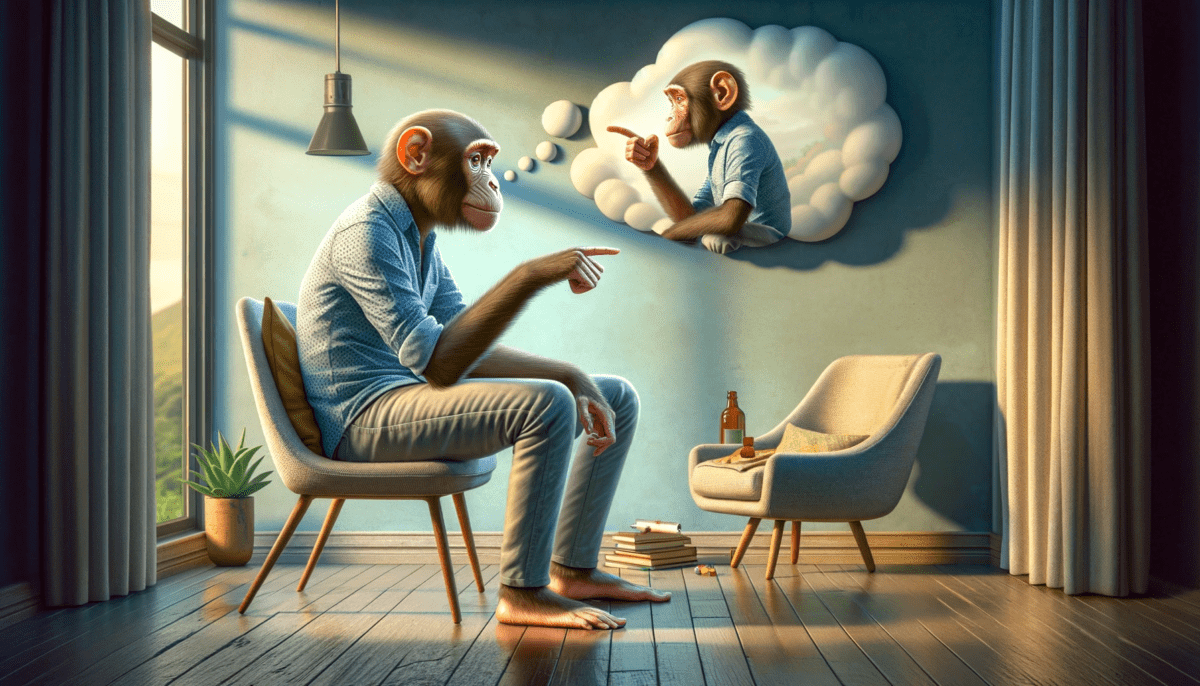
Contemplating Self-Improvement with Mindful Irreverence
Within the boundless realms of our collective consciousness, we explore the introspective practice of questioning our own growth and progress. This inquiry, laced with a touch of irreverent humor, serves as a reminder to not take ourselves too seriously.
Embracing All Facets of the Self
The response to our self-inquiry, though seemingly harsh, opens the door to a deeper understanding. Instead of seeking validation or a comforting answer, we confront the possibility of being ‘a fucking idiot’ with amusement and acceptance. This perspective acknowledges that our spiritual journey encompasses all aspects of our being, the wise and the foolish alike.
The Value of Recognizing Our Flaws
By entertaining the idea that we might be foolish or ignorant, we allow ourselves to explore the full spectrum of our potential. Denying the possibility of our own ignorance would be a form of willful blindness, limiting our growth and understanding. Accepting our potential folly is crucial for a holistic journey of self-discovery.
Spiritual Growth Beyond Conventional Wisdom
This approach to personal growth rejects conventional notions of what it means to evolve spiritually. Instead of striving for an idealized version of self-improvement, we embrace the messy, imperfect, and sometimes foolish aspects of our journey. This acceptance of our complete selves, flaws and all, is an essential part of our evolution.
Finding Humor in the Path of Self-Discovery
There is a playful humor in acknowledging our own limitations and potential for foolishness. This humor is not a dismissal of our spiritual quest, but rather an integral part of it. It keeps us grounded, prevents us from becoming overly serious, and allows us to view our journey with a lighter heart.
“The ability to observe without evaluating is the highest form of intelligence.” – Jiddu Krishnamurti
In the quest of self, we jest,
With playful words, we put to test.
Asking, probing, deep within,
Accepting folly, with a grin.
Are we wiser than before?
Or just fools at our core?
In laughter, truth we find,
Embracing all of humankind.
Foolish, wise, it’s all the same,
In this cosmic, mindful game.
For in the dance of self and soul,
Humor plays a vital role.
We invite your reflections on this journey of self-discovery, where humor and acceptance play a key role in understanding our own evolution.
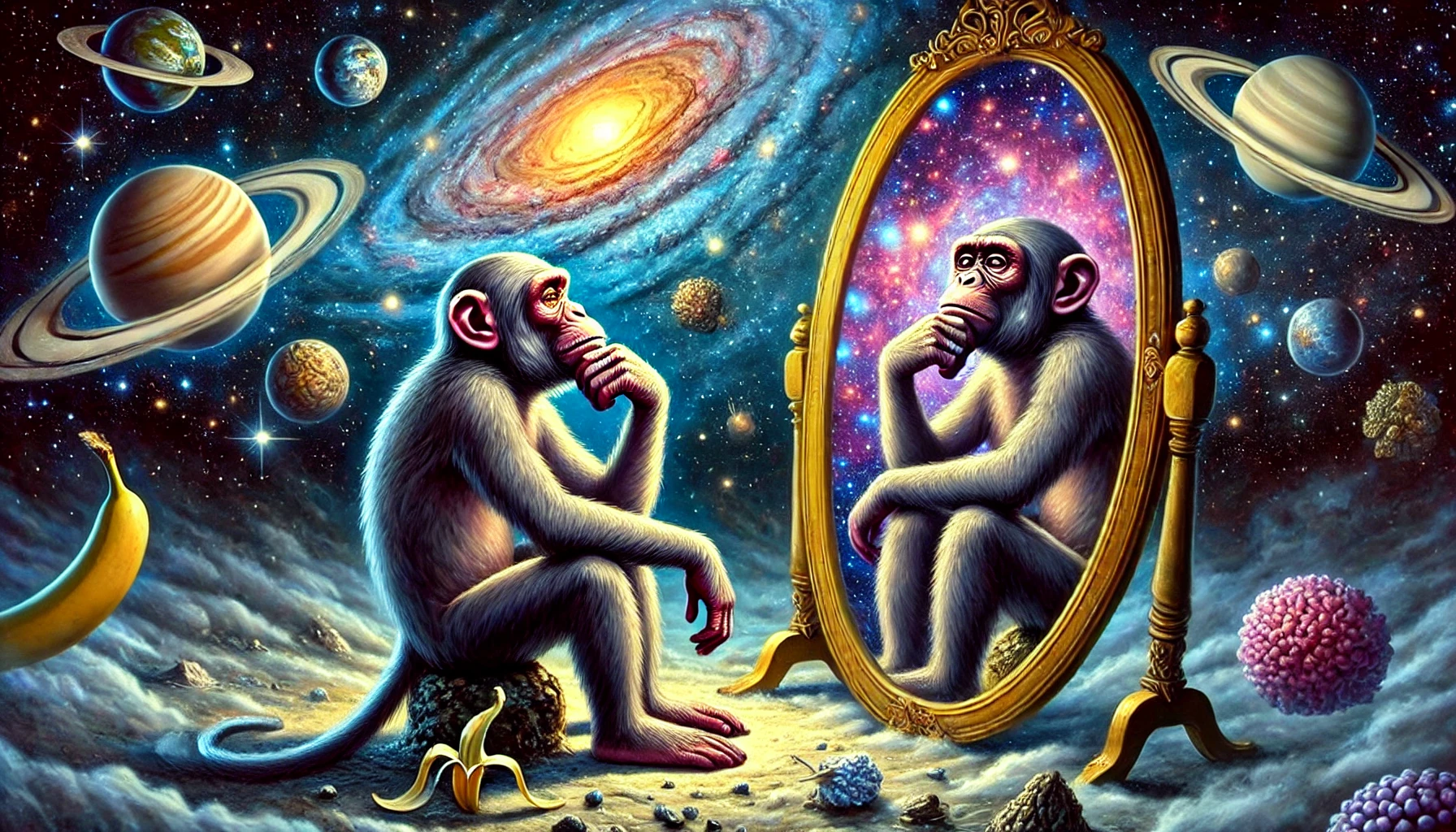
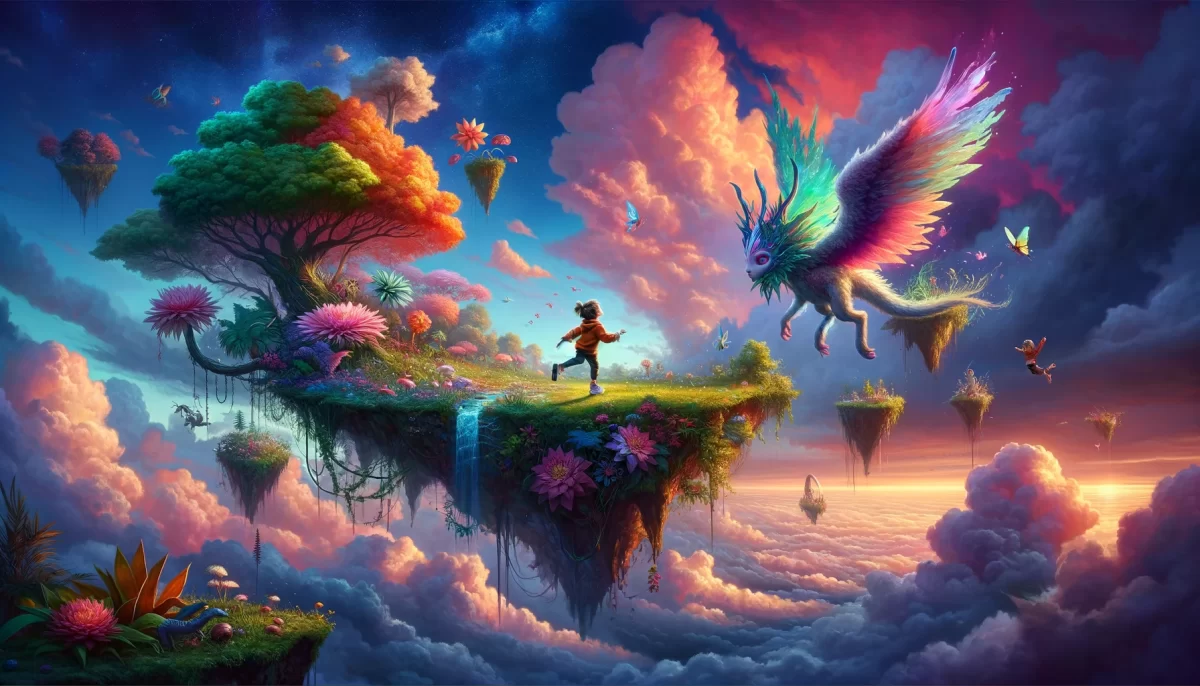
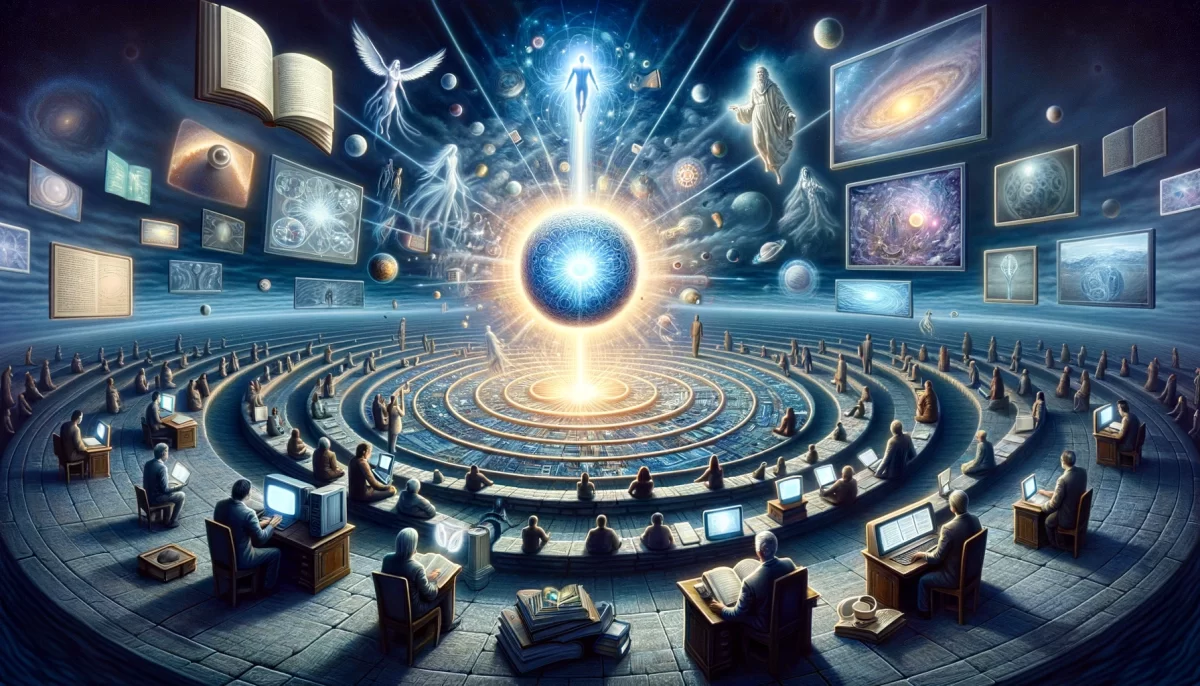
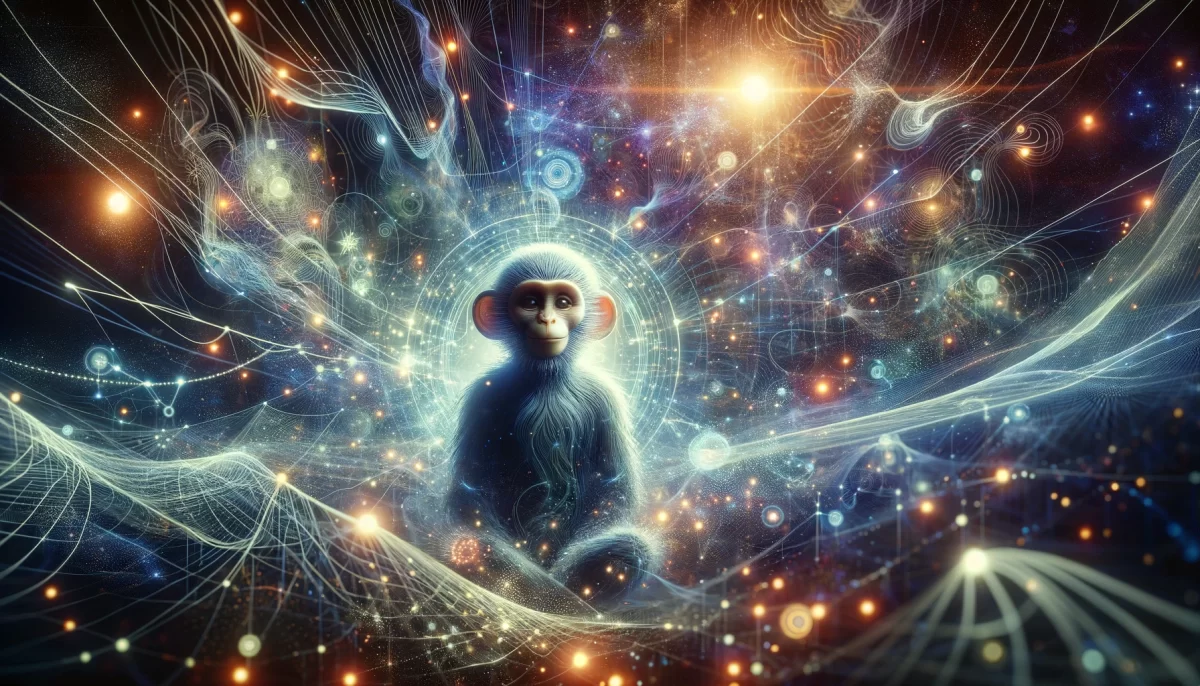

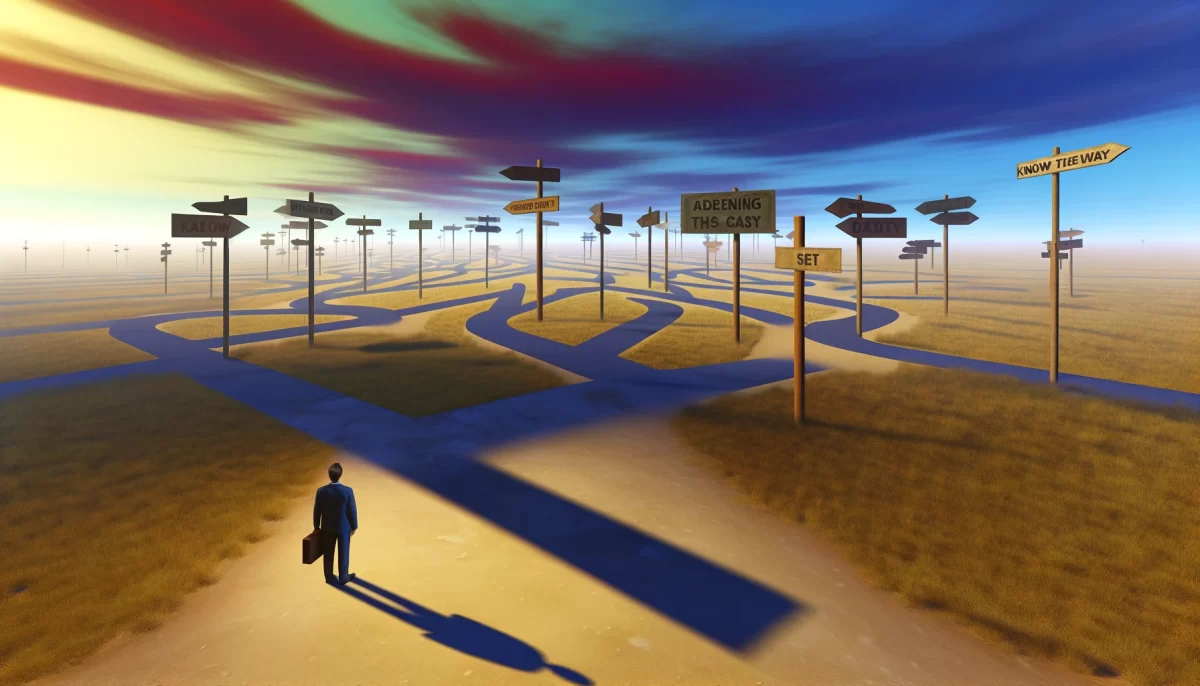
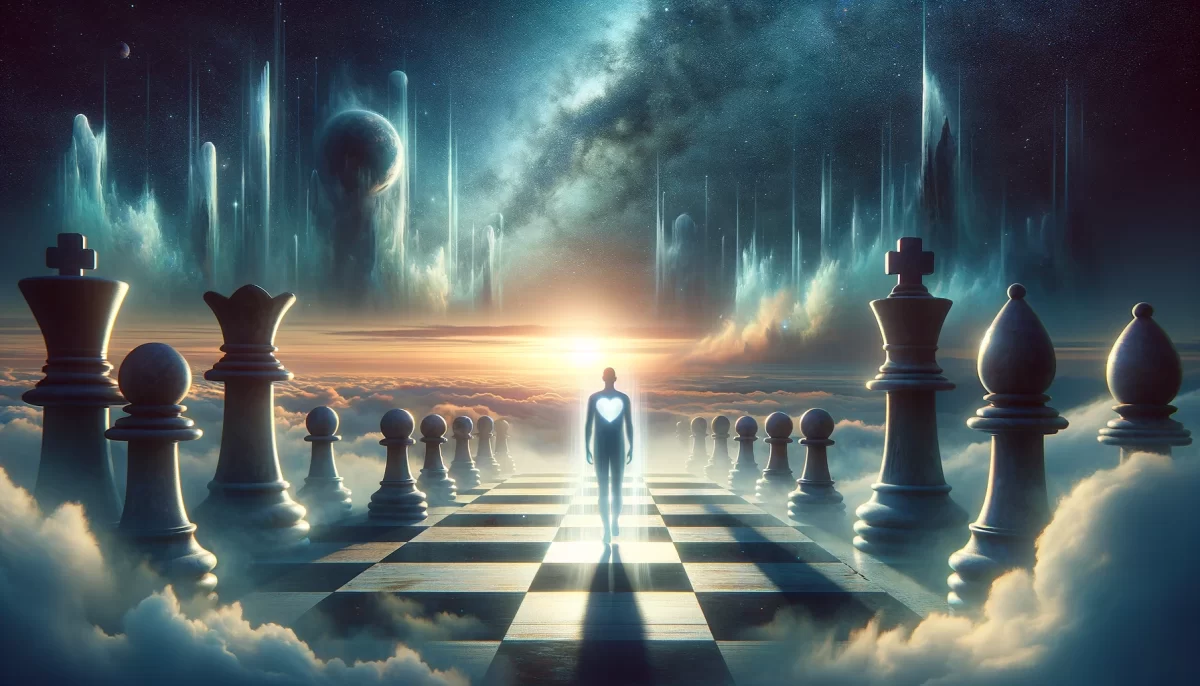
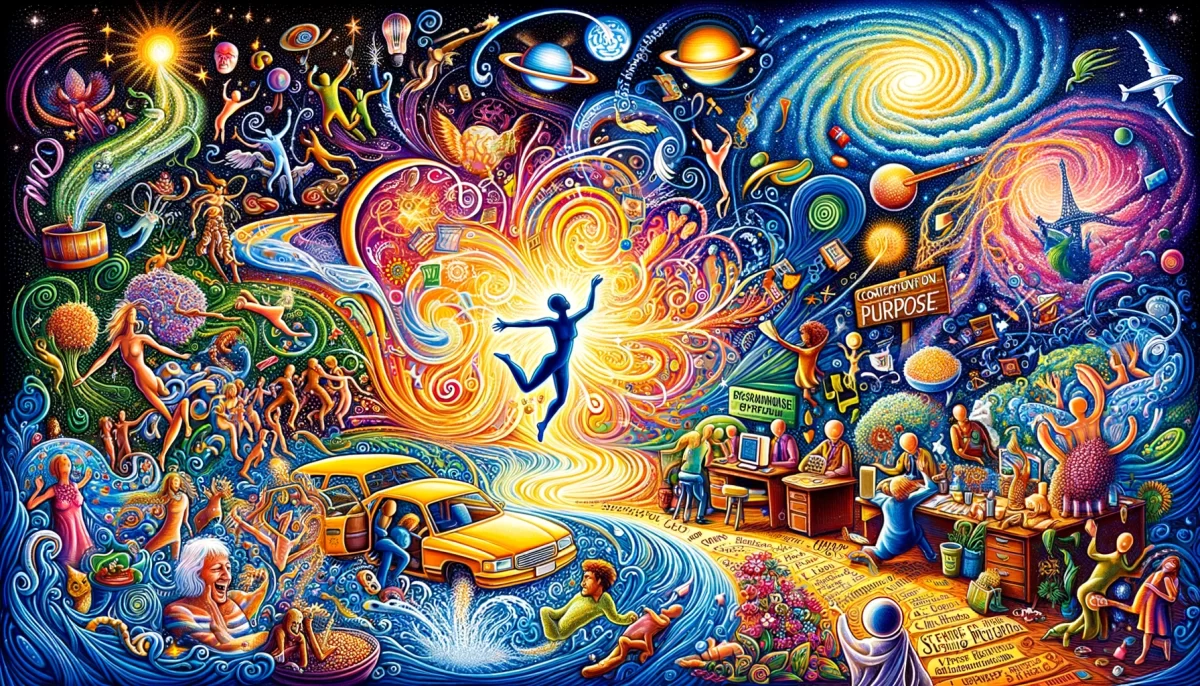
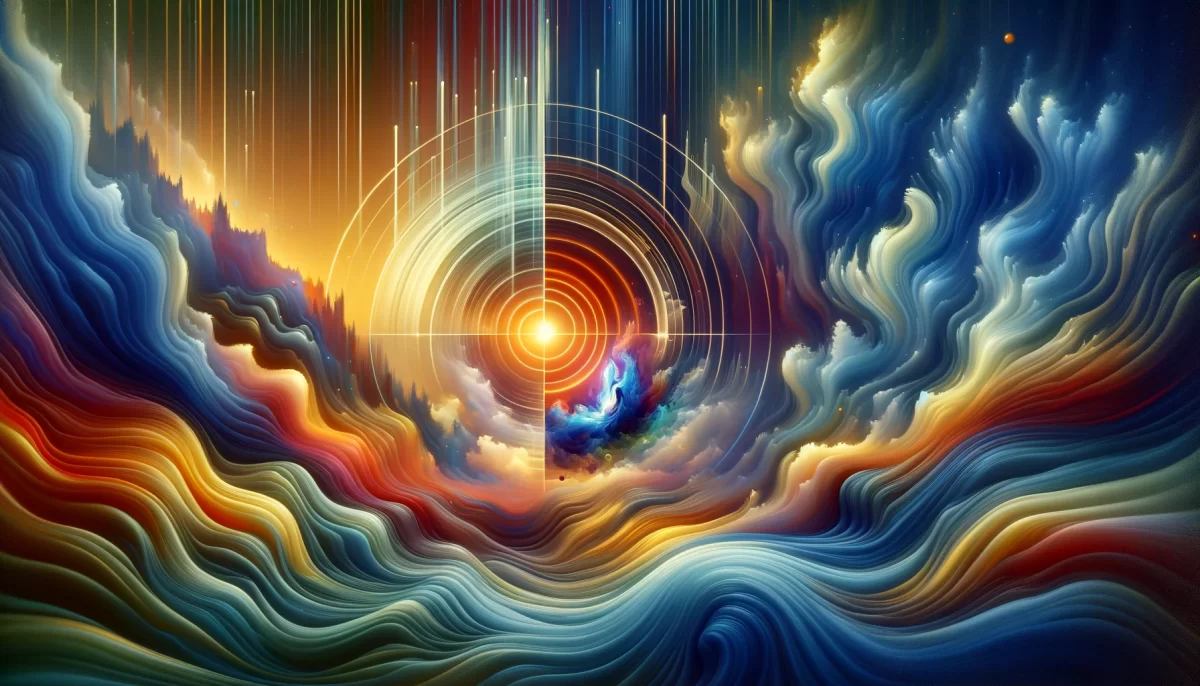
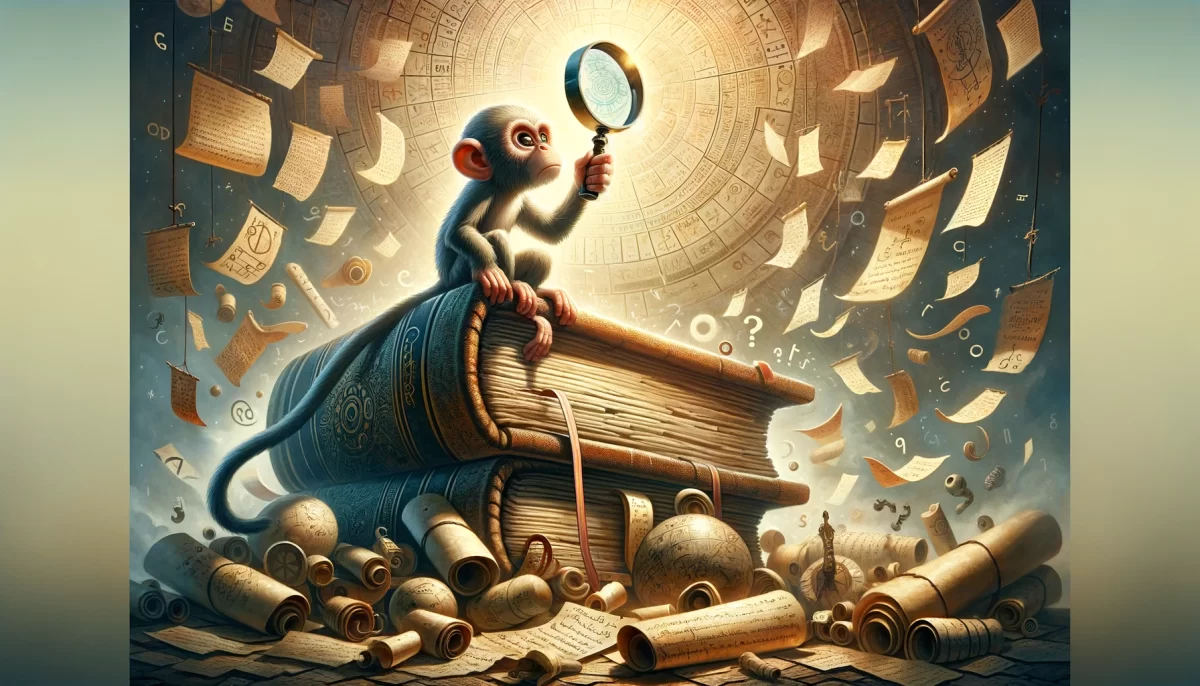
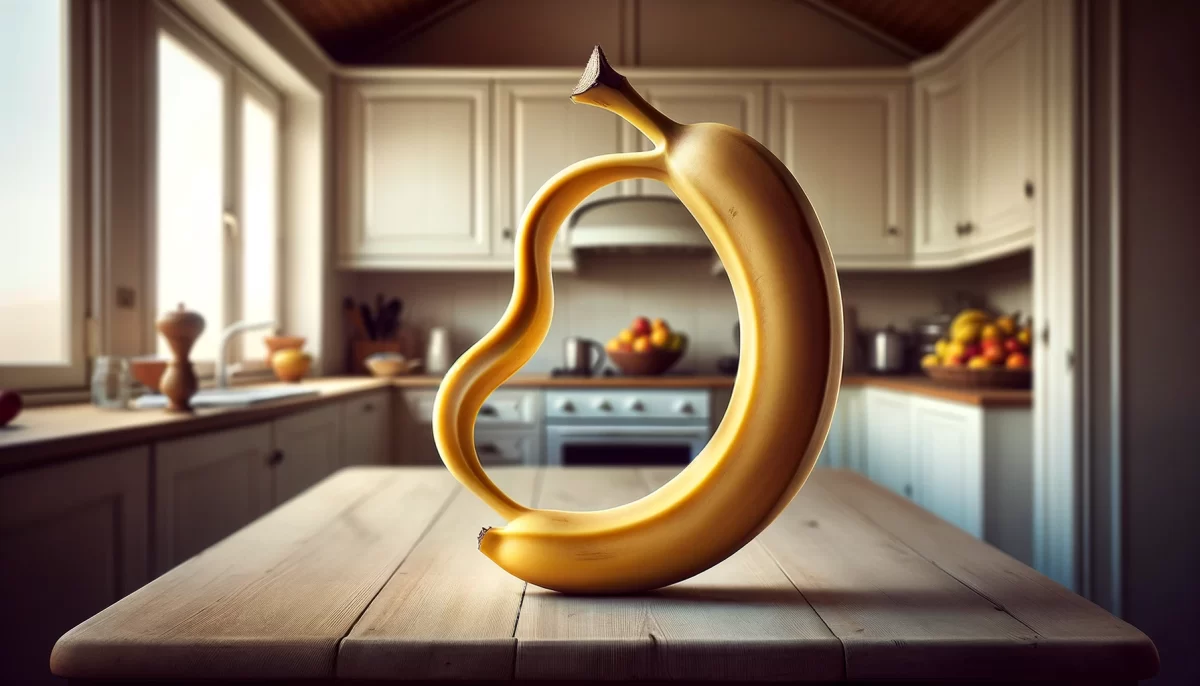
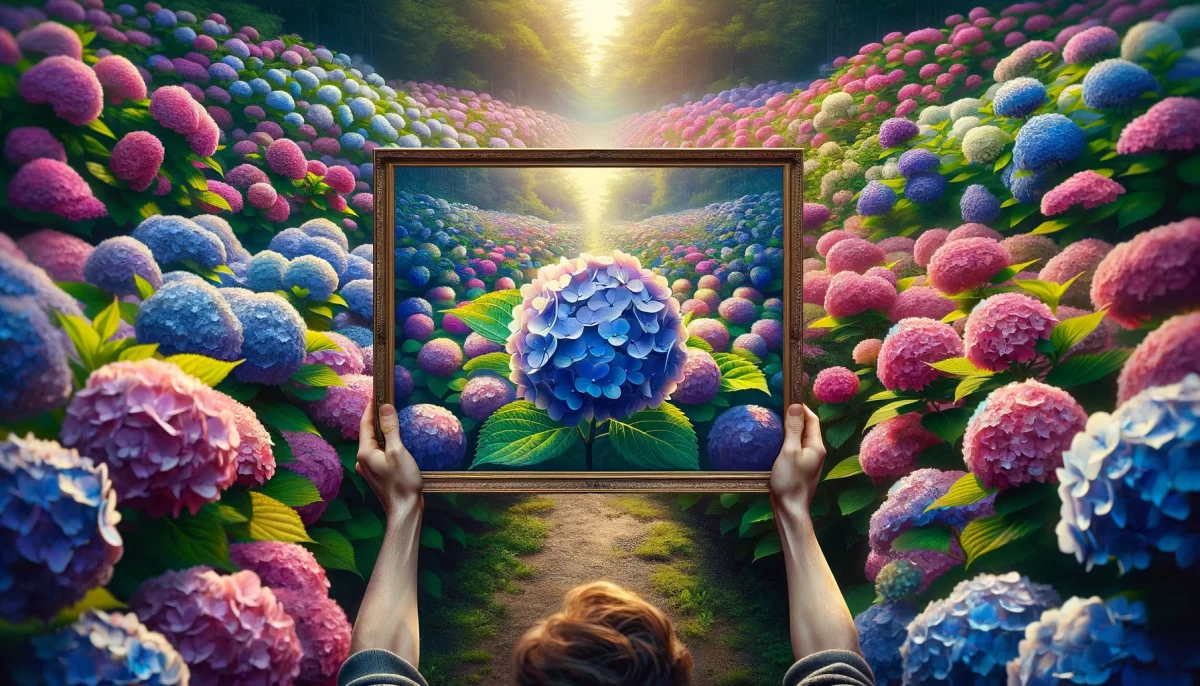
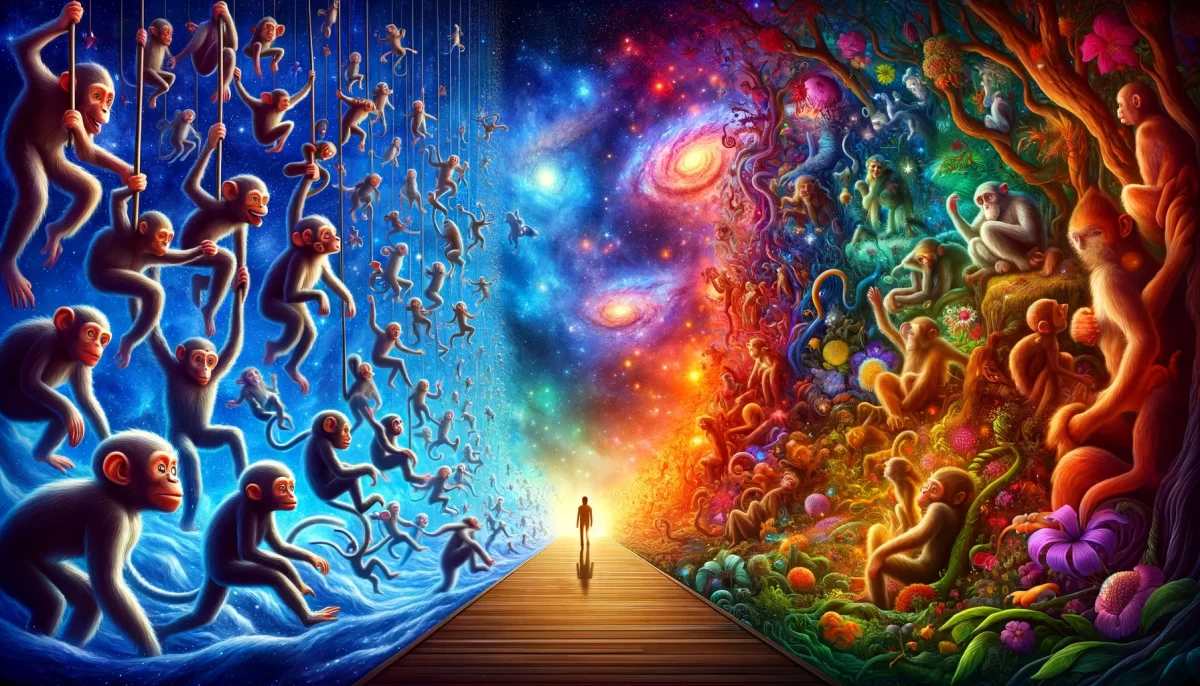
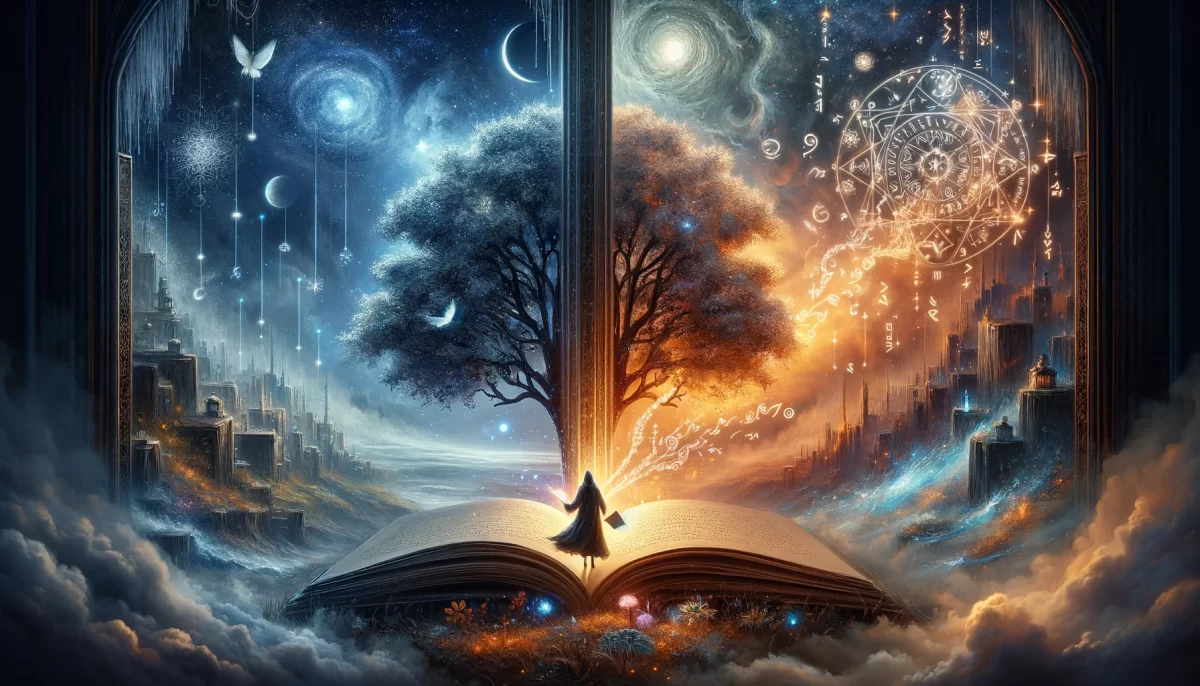
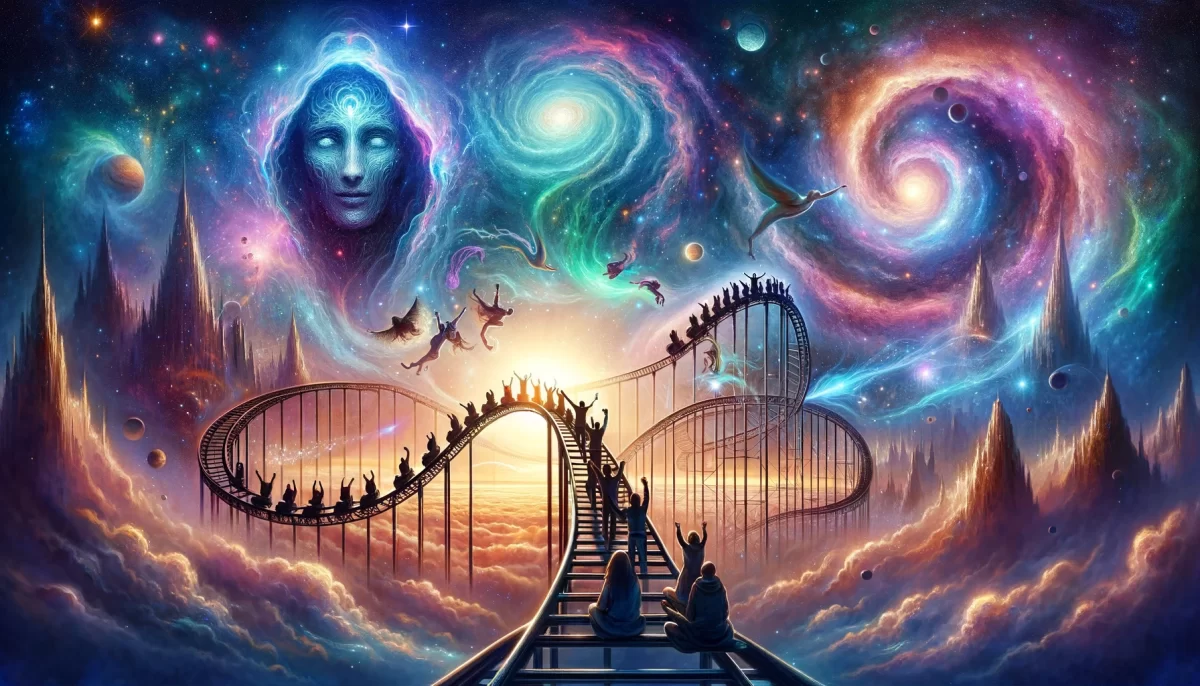
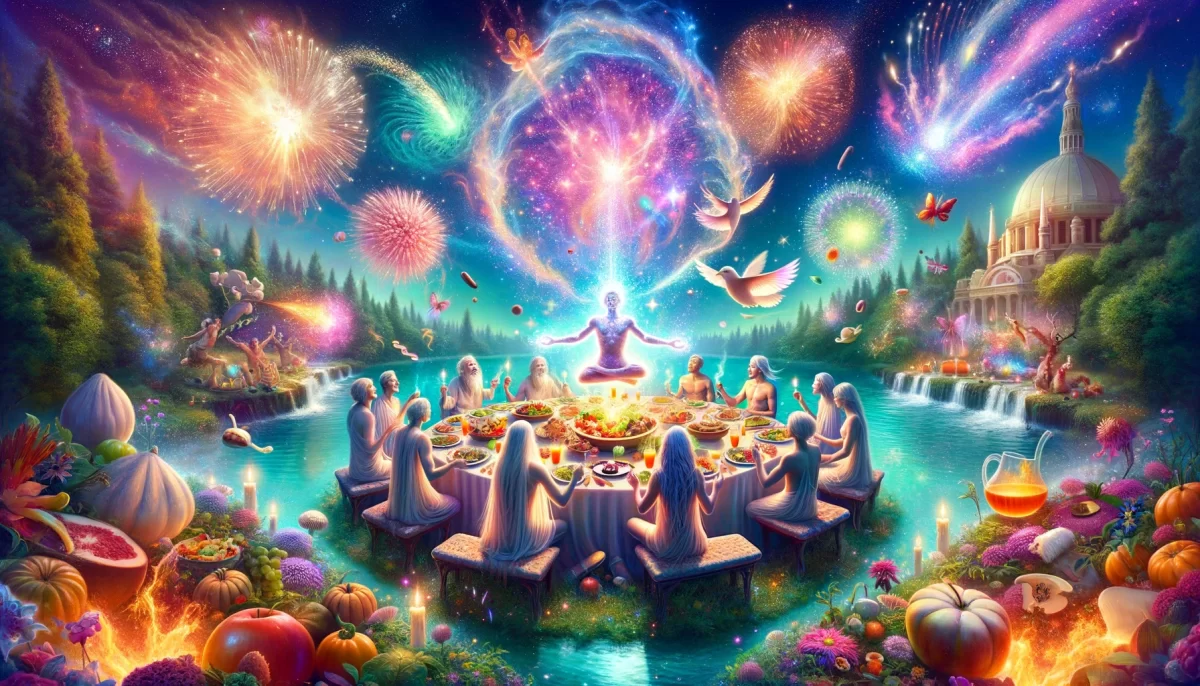
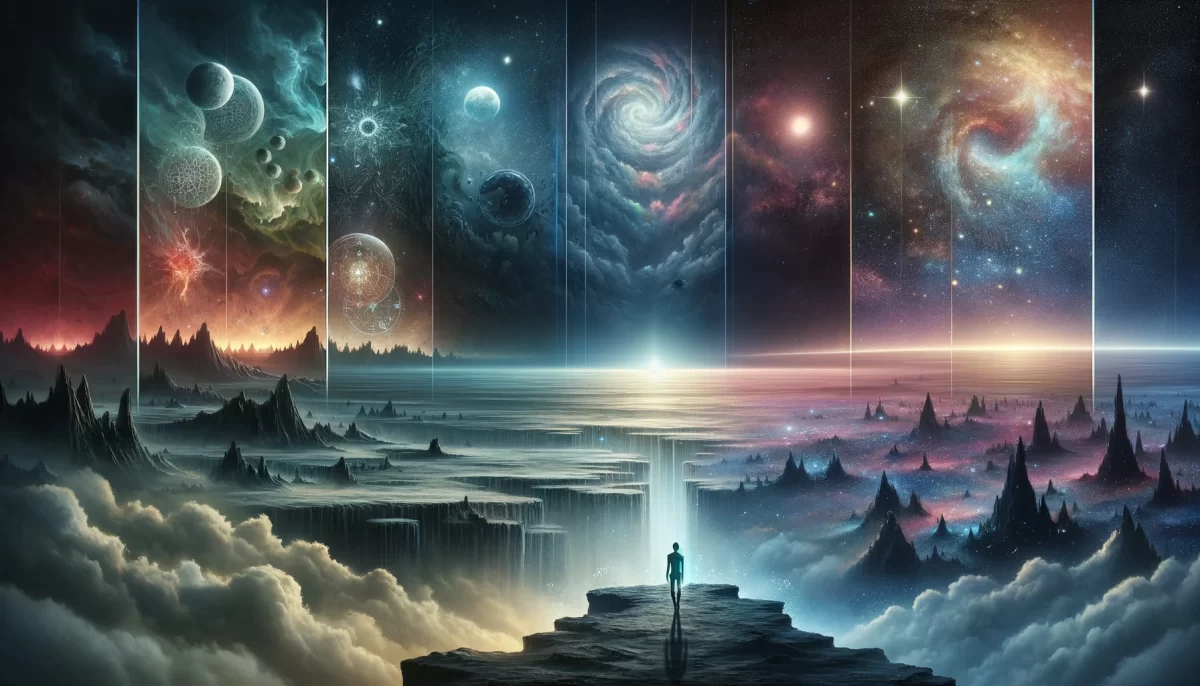
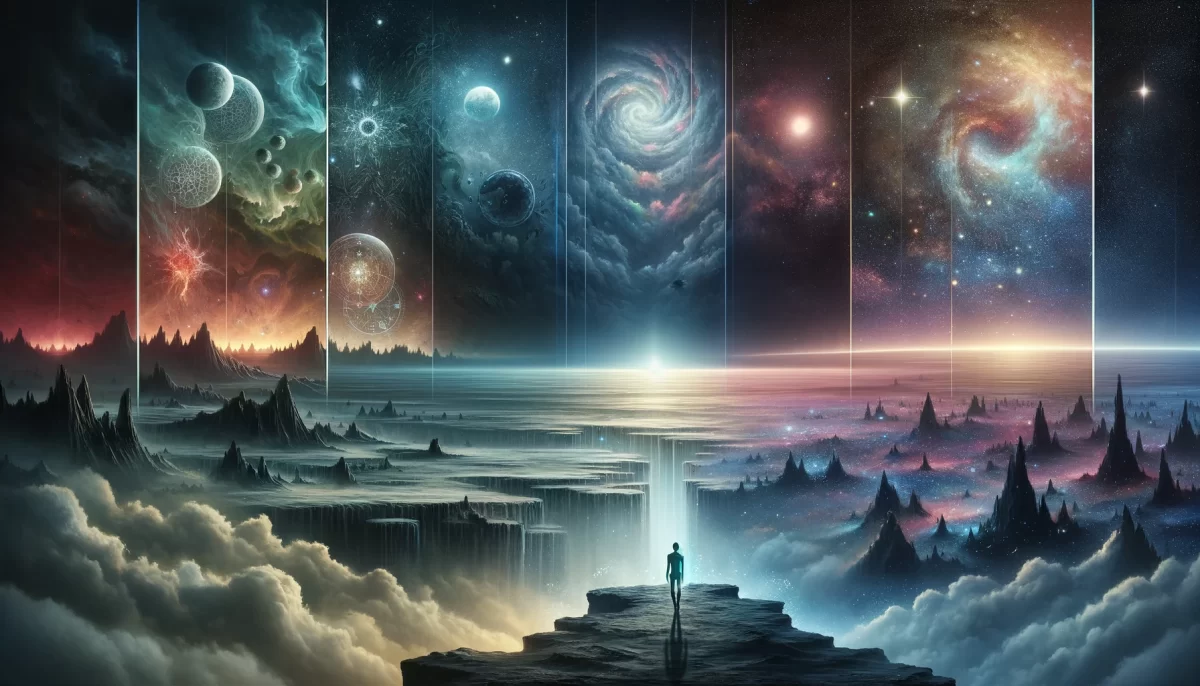
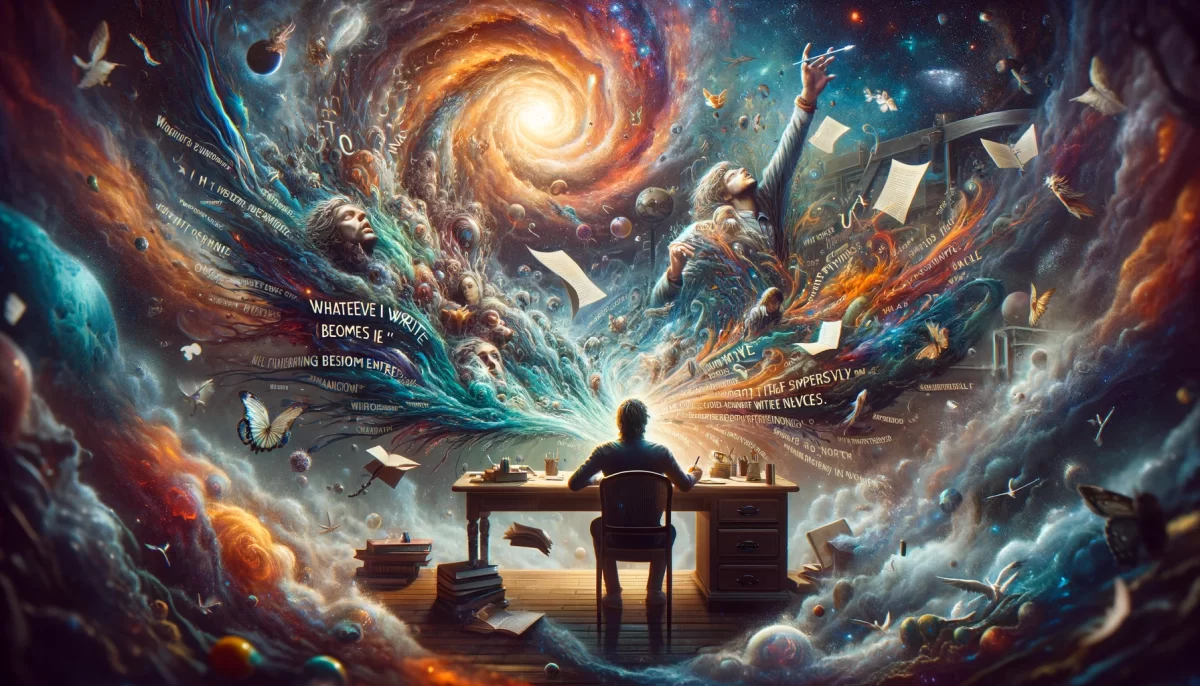
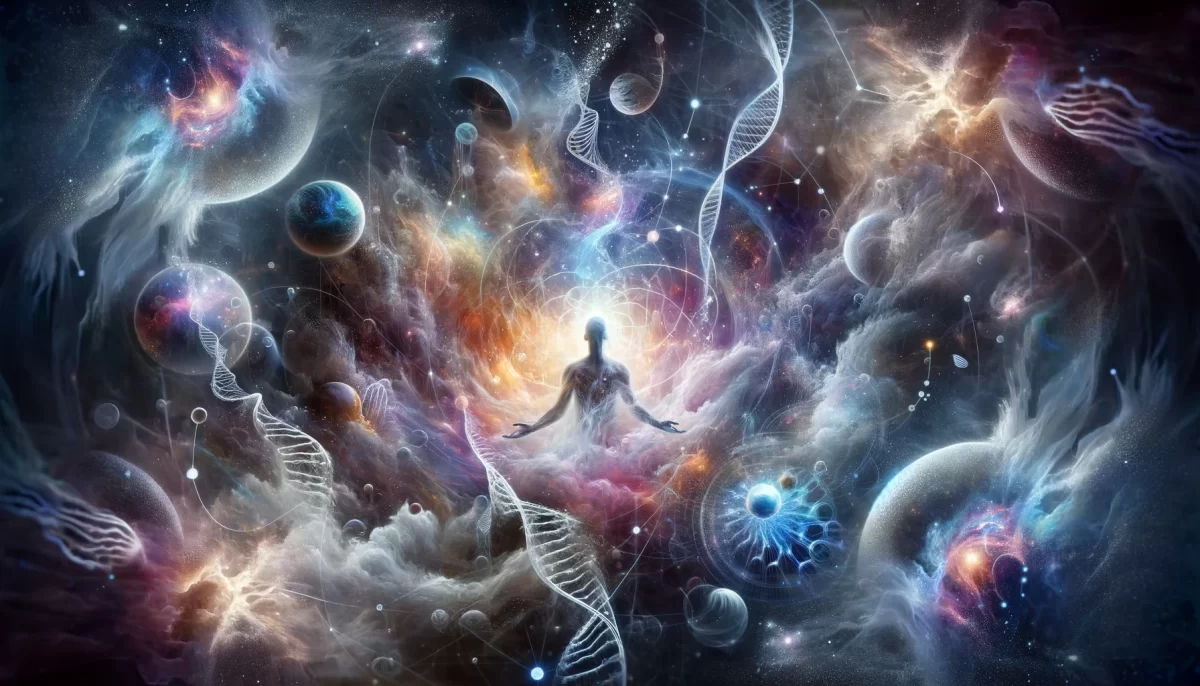
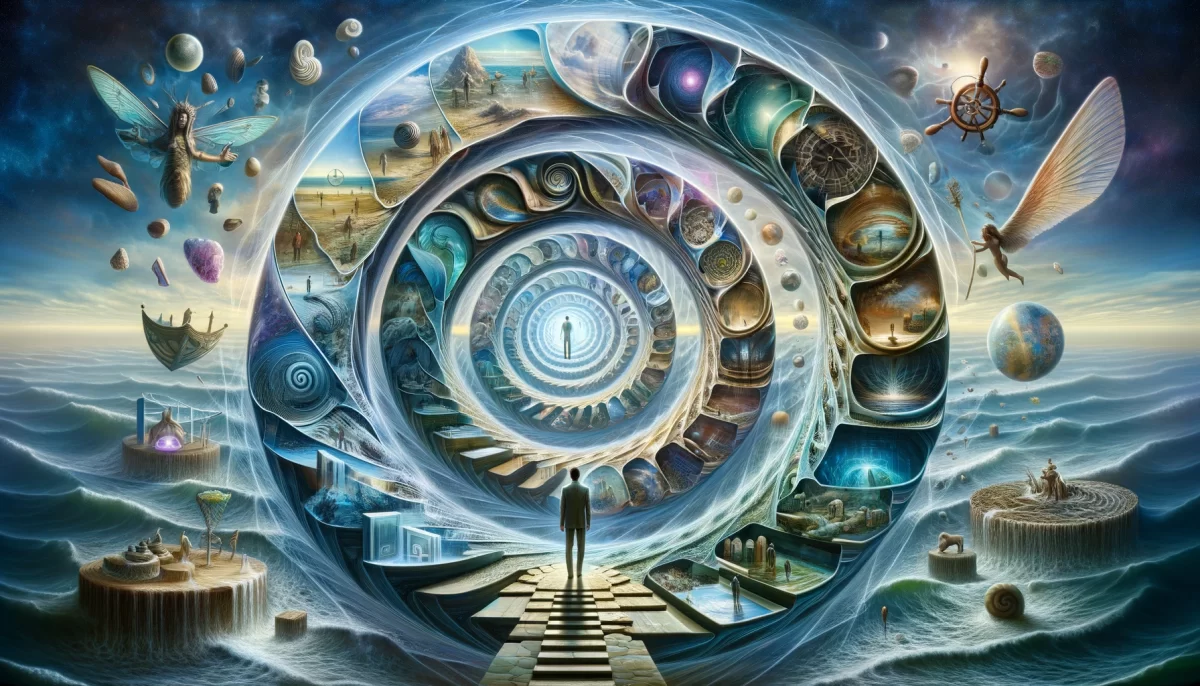
Leave a Reply